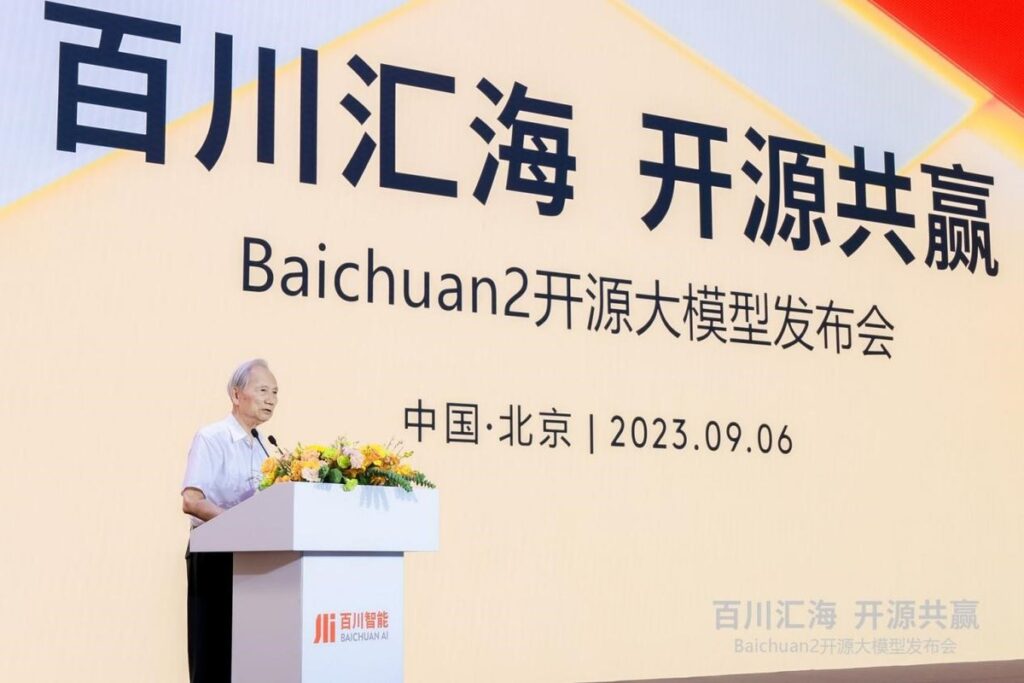|
Getting your Trinity Audio player ready...
|
In a notable development, Chinese artificial intelligence (AI) startup Baichuan announced on Tuesday that it had successfully raised $300 million in funding from a group of prominent investors, which includes tech giants Alibaba and Tencent. The investment comes on the heels of an earlier $50 million angel round and showcases the rising interest in AI innovations within the Chinese tech landscape.
Baichuan made the announcement through its official WeChat account, highlighting the enthusiastic response from investors. In addition to Alibaba and Tencent, other significant contributors to this funding round include smartphone manufacturer Xiaomi and various investment firms. This financial backing underlines the growing excitement surrounding the AI sector in China, with a particular focus on generative AI.
China has been witnessing a surge in interest and investment in generative AI technologies as startups and tech giants seek to establish a competitive domestic alternative to Microsoft-backed OpenAI’s ChatGPT. The race to harness AI’s transformative potential has spurred a wave of product launches and funding announcements. However, investors have issued a word of caution, signaling that as cost and profit pressures mount, a market consolidation or “shakeout” may be on the horizon.
Baichuan, founded by Wang Xiaochuan, the creator of the internet search engine Sogou Inc., earned a significant milestone in late August when it became one of the first companies to secure approval from the Chinese government to release a public chatbot.
Participating in this capital raise is Shunwei Capital, a venture capital firm led by Xiaomi’s Chief Executive, Lei Jun. The involvement of such influential players underscores the potential they see in Baichuan’s AI endeavors.
Meanwhile, Baidu, another heavyweight in the Chinese tech ecosystem, unveiled its latest generative AI model, Ernie 4.0, on Tuesday. Baidu claimed that its capabilities were on par with OpenAI’s pioneering GPT-4 model. However, analysts have cautioned that the launch lacked significant highlights compared to the previous version, signifying the fierce competition and rapidly evolving landscape of generative AI in China.



